Discover Path to Liberty
Path to Liberty

794 Episodes
Reverse
The founders knew what most ignore today: freedom has a prerequisite. KNOWLEDGE. Tyrants throughout history understood this - learning makes people argue instead of obey. From ancient Rome to feudal Europe to today, it's the same playbook. Ban it. Control it. Lie about it. The question is: what are YOU going to do about it?
The post Ignorance Isn’t an Accident. It’s a WEAPON. first appeared on Tenth Amendment Center.
Spooner understood something most Americans still refuse to believe today. Every check on federal power you were taught about? They don’t work. Oaths? Meaningless. Elections? Theater. Separation of powers? Not in practice. As he put it, tyrants only care about one thing.
The post Lysander Spooner: The Truth About “Checks and Balances” first appeared on Tenth Amendment Center.
The Anti-Federalist vs Federalist debate you were never taught. It wasn't about checks and balances. It was about one word: TRUST. The Anti-Federalists said you can NEVER trust the man. The Federalists countered - maybe so, but you CAN trust the PLAN. It was a core conflict over ratification - and an ironic twist that tells us which side was right.
The post It Wasn’t Checks and Balances. It Was Trust. first appeared on Tenth Amendment Center.
The Anti-Federalists weren't just arguing politics; they were issuing dire warnings for generations to come. They predicted the Constitution contained the seeds of tyranny that would lead to a corrupt aristocracy or monarchy. On this episode, we explore five of their specific predictions and ask the essential question: Were they right?
The post Five Weapons. One Target: Your Liberty. first appeared on Tenth Amendment Center.
In America, the law is king. But here's what the schools don't teach: even government's laws aren't above THE law. The Constitution is the supreme law of the land - acts beyond it are void. The Founders told us over and over: violating these so-called “laws” isn't inherently wrong. As Patrick Henry put it, we're "not bound to yield obedience." And sometimes, it’s duty. This is the revolutionary case for disobedience that built America.
The post Even the “LAW” isn’t Above the Law first appeared on Tenth Amendment Center.
When government goes beyond its limits, those acts carry no legal force at all. They’re usurpations - STOLEN POWER. And they deserve to be treated that way too.
The post No Such Thing as an Unconstitutional Law first appeared on Tenth Amendment Center.
From ancient Rome to the streets of Boston, a timeless formula has always demanded the same price: liberty. The founders didn’t discover this danger - they recognized the pattern. They had seen it in the history books, and they knew the tragedy in Boston was its predictable result.
The post They Said It Was for Defense. It Was for Control. first appeared on Tenth Amendment Center.
On October 20th, 1774, the First Continental Congress passed the Continental Association, a coordinated economic shutdown in response to relentless attacks by the British Empire, including the hated Coercive Acts. It was a four pronged strategy that included a revolutionary, local enforcement mechanism - taking over with self-government from the bottom up.
The post The Original Shutdown Wasn’t a Political Game. It Was Revolution. first appeared on Tenth Amendment Center.
The First Continental Congress met in 1774 to respond to the hated Coercive Acts - Parliament’s brutal punishment for the Boston Tea Party. They had a decision: submit to tyranny, or resist. Their answer was the Declaration and Resolves of the First Continental Congress. On this episode, one of the most important and most forgotten documents of the American Revolution. A direct precursor to both the Declaration of Independence and the Bill of Rights.
The post This Wasn’t a Request. It Was a Refusal. first appeared on Tenth Amendment Center.
Life, liberty, and property weren’t just theories - they were the foundation of the American Revolution. John Locke wrote them, the Declaration adopted them, but Samuel Adams turned them into action. In 1772, he drafted an incredibly important, but almost totally forgotten document which led to the network of communication and resistance that laid the groundwork for independence.
The post The Revolution Didn’t Begin with a Shot. It Began with a Line in the Sand. first appeared on Tenth Amendment Center.
Same system. Different flag. The Revolutionaries Declared Independence in 1776 - and put their lives on the line to keep it. Yet today, the system we live under is virtually the same - in practice as the British system they fought a long war to secede from
The post America Didn’t Escape the Crown. We Rebuilt the Throne. first appeared on Tenth Amendment Center.
“A republic ... if you can keep it.” We’ve all heard Benjamin Franklin’s famous “constitution day” line. But he wasn’t warning about government, or even the Constitution itself. He was warning us - about us. In his final speech at the Philadelphia Convention, Franklin also issued another warning - a dire prediction of how it would all end. In this episode, we dig into those warnings to understand what “keeping it” really meant to Franklin, Madison, Adams, Dickinson, and so many others who knew that words on paper would never be enough.
The post BETRAYAL: The Constitution Wasn’t Stolen. It Was Surrendered. first appeared on Tenth Amendment Center.
George Washington didn’t retire quietly - in his Farewell Address, he warned America what was coming. He described how power-hungry factions would tear the country apart, poisoning debate, inviting corruption, and driving people to trade freedom for false security. The result? A “frightful despotism” - permanent tyranny rising from within. The most chilling part? His dire warning is the one almost everyone ignores today.
The post This Isn’t a Political Contest. It’s the Tyranny Washington Predicted first appeared on Tenth Amendment Center.
Most people hear “invasion” and think of foreign armies crossing borders. But to the Founders and Old Revolutionaries the biggest danger was something very different - and far closer to home. In this episode, we uncover their warnings about a threat few talk about today.
The post INVASION: The Real Enemy Isn’t Foreign. It’s a War on YOU first appeared on Tenth Amendment Center.
Thomas Paine’s brutal demolition of a scam more dangerous than kings is one almost no one ever learns about. He showed how this scheme corrupts society, destroys trust, and unleashes evils that never end. On this episode of Path to Liberty, we dig into Paine’s forgotten warning about the oldest scam in America - and his verdict that still hits home today.
The post The Dollar isn’t Money. It’s Fraud. Thomas Paine’s Brutal Takedown first appeared on Tenth Amendment Center.
Constitution vs Articles of Confederation? Instead of a government that acted through the states, the constitution created something radically different - and almost no one today understands what that change really was. But the Framers told us, over and over.
The post We the People vs We the States: The Constitution’s Real Purpose first appeared on Tenth Amendment Center.
Two vague words gave Congress unlimited power. It’s the greatest Constitutional scam in American history. In 1791, Alexander Hamilton laid down the blueprint. Jefferson, Madison, and others immediately called it a profound betrayal, warning that if Hamilton’s view won, every other limit on power would be meaningless. This was the turning point for the future of the republic - and the story they never want you to know.
The post The Constitutional Scam Nobody Told You About first appeared on Tenth Amendment Center.
Hamilton vs Madison and Jefferson. The first great economic debate under the Constitution was about tariffs, and it actually started under the Articles of Confederation. But the debate wasn’t about protectionism vs free trade. It was dueling forms of government intervention.
The post TARIFFS: First Debate was Power, Not Trade first appeared on Tenth Amendment Center.
George Mason said the militia consisted of the whole people. Today, that definition has been twisted, ignored, or totally forgotten. Talk about militia and most people will look at you like some kind of fringe nutjob. But the founders saw the militia as a highly armed and trained general population that was essential to the security and liberty of a free republic. In this episode, we dig into what that really meant, the Anti-Federalist warnings about congressional power over the militia, and how they absolutely called it.
The post Who are the Militia? YOU. first appeared on Tenth Amendment Center.
Does the federal government have unilateral power to call forth the militia? During the War of 1812, New England states not only said no, but they used the principles of the 10th Amendment to actively interpose and resist federal demands for mobilizing the militia.
The post When States Had Backbone: The Militia Showdown They Never Teach first appeared on Tenth Amendment Center.







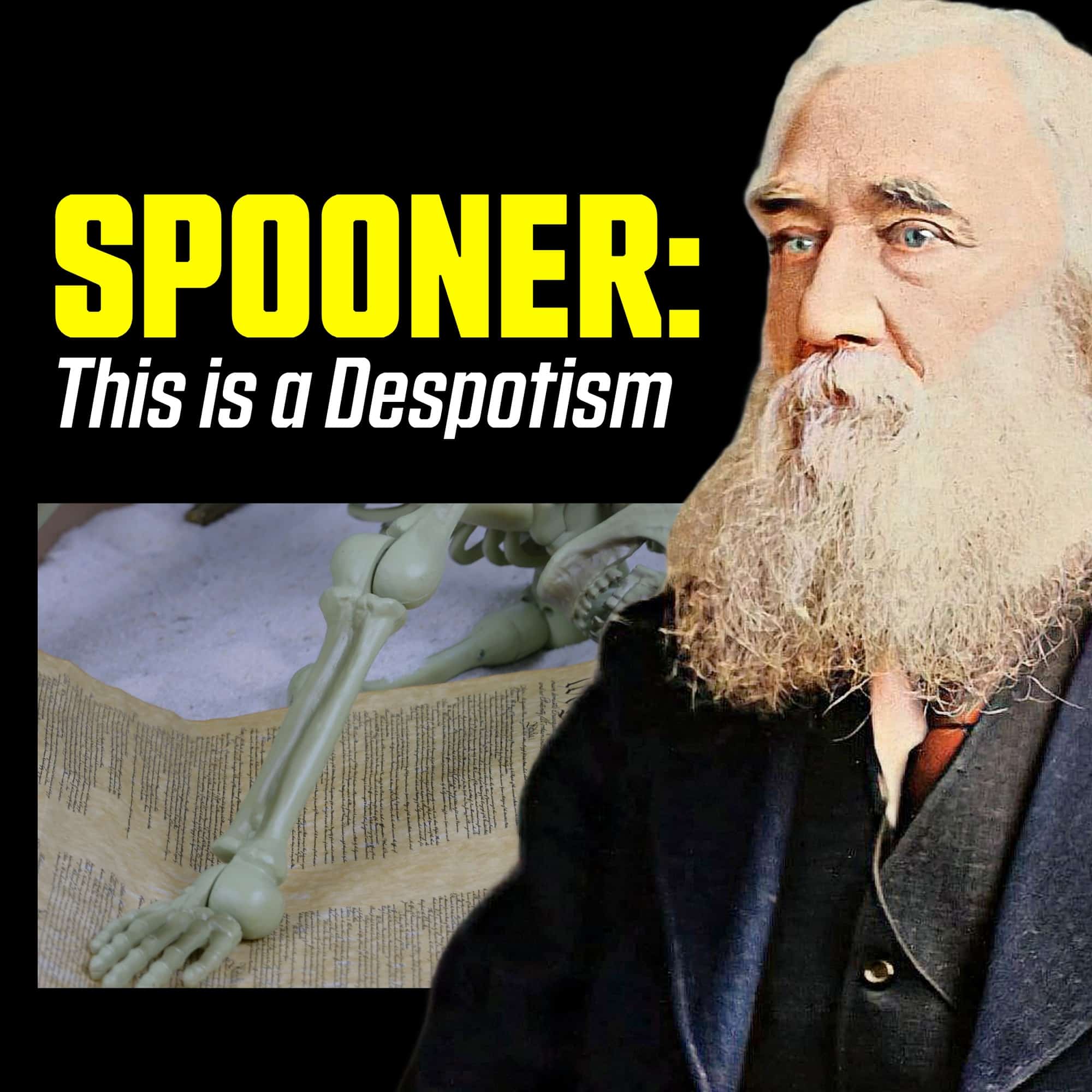


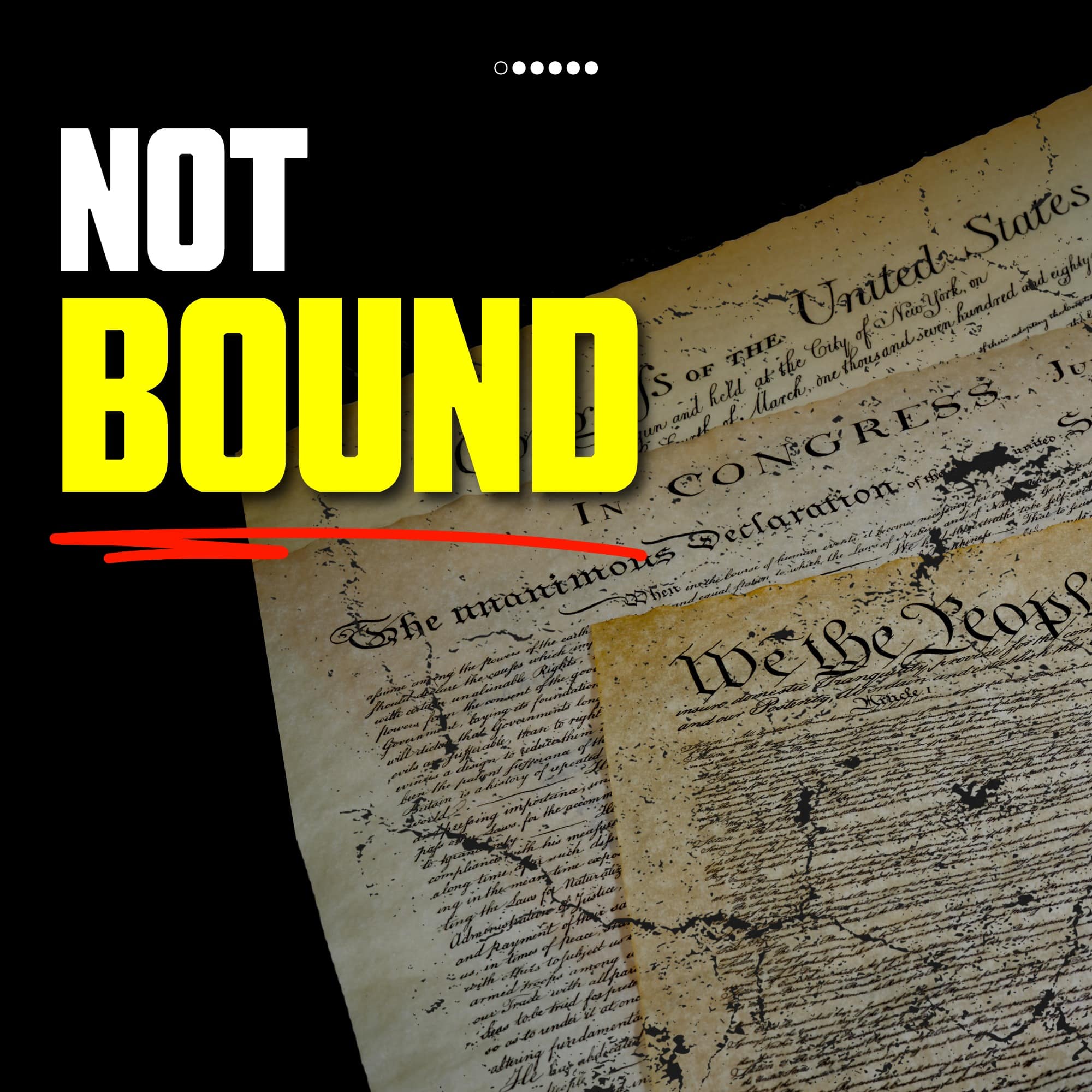



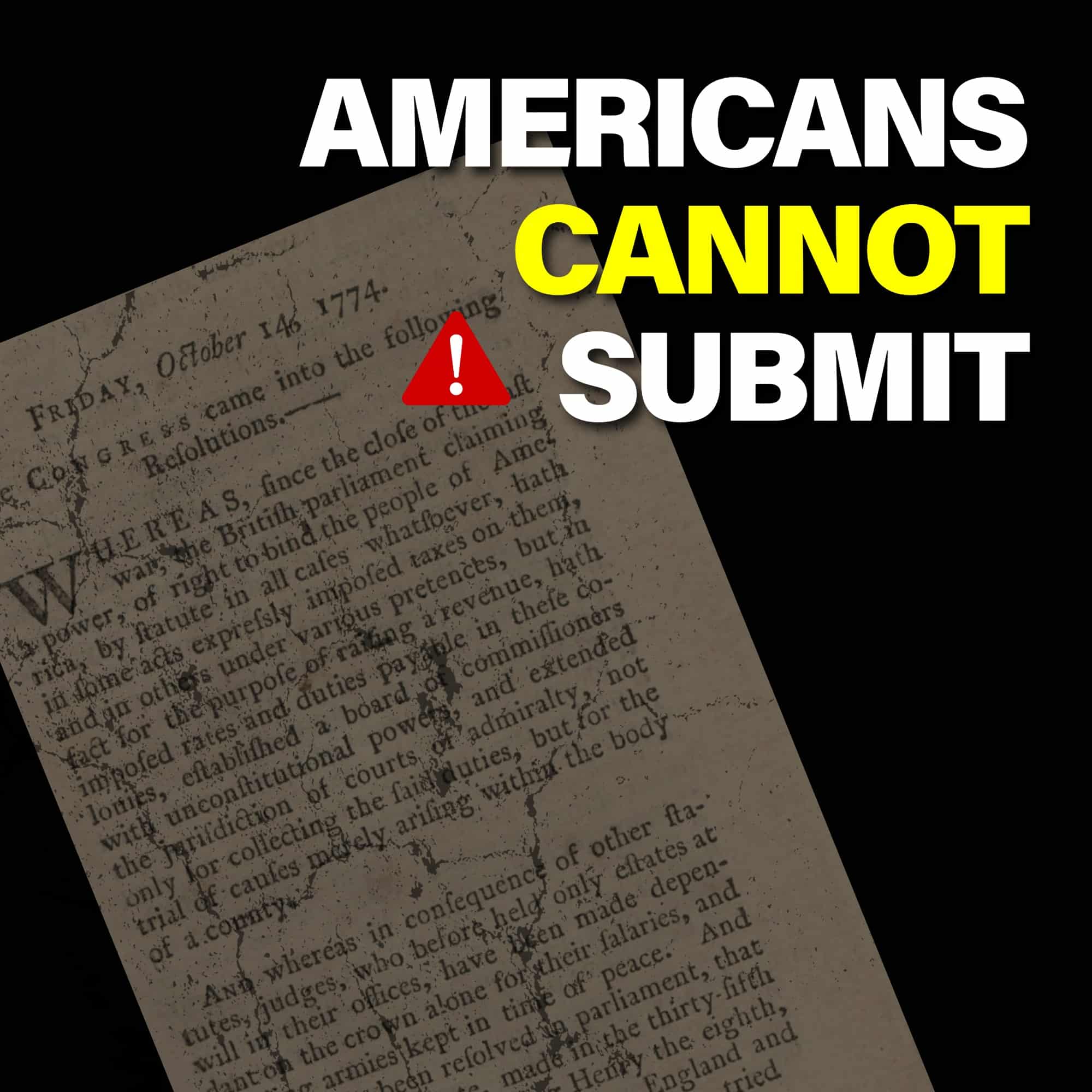

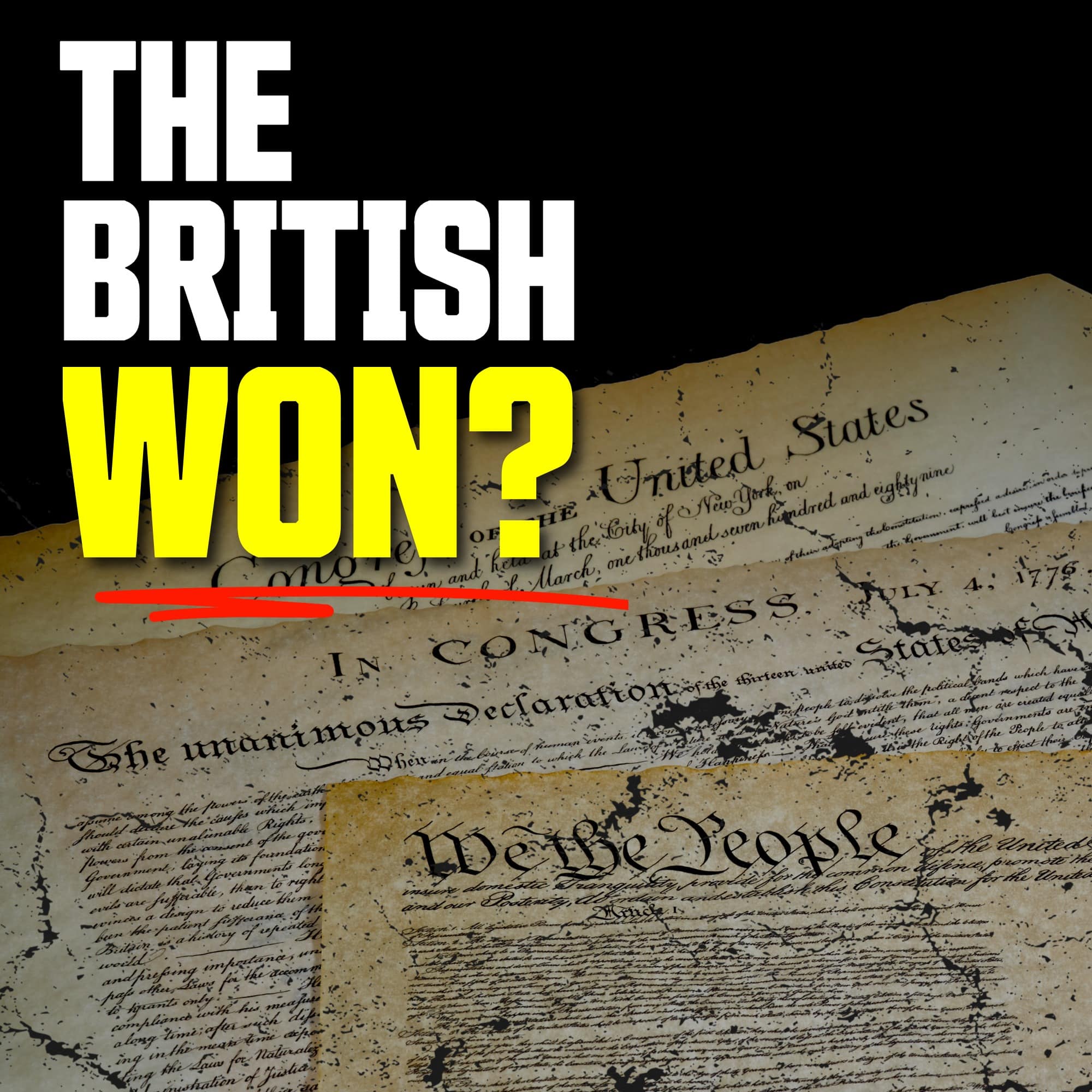
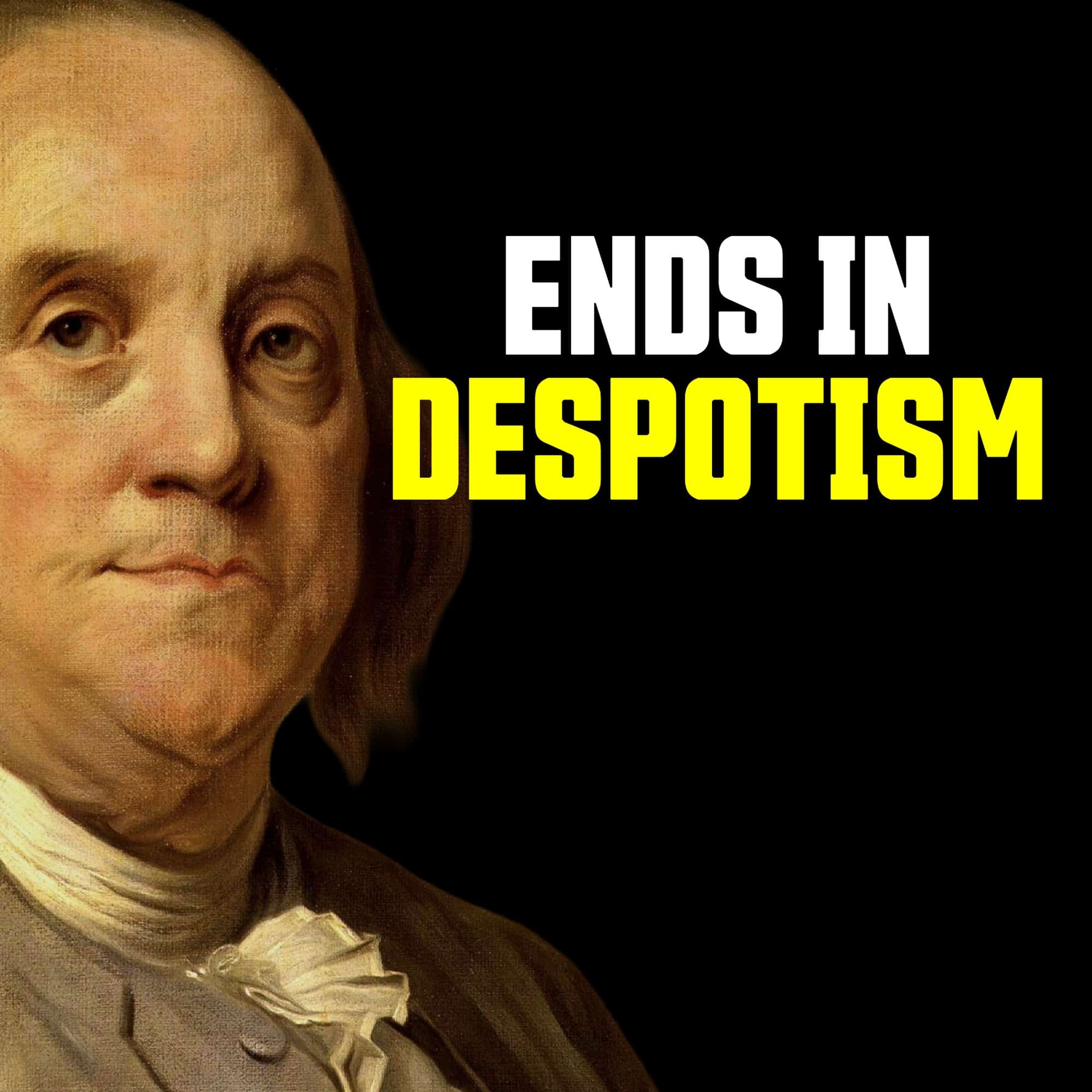
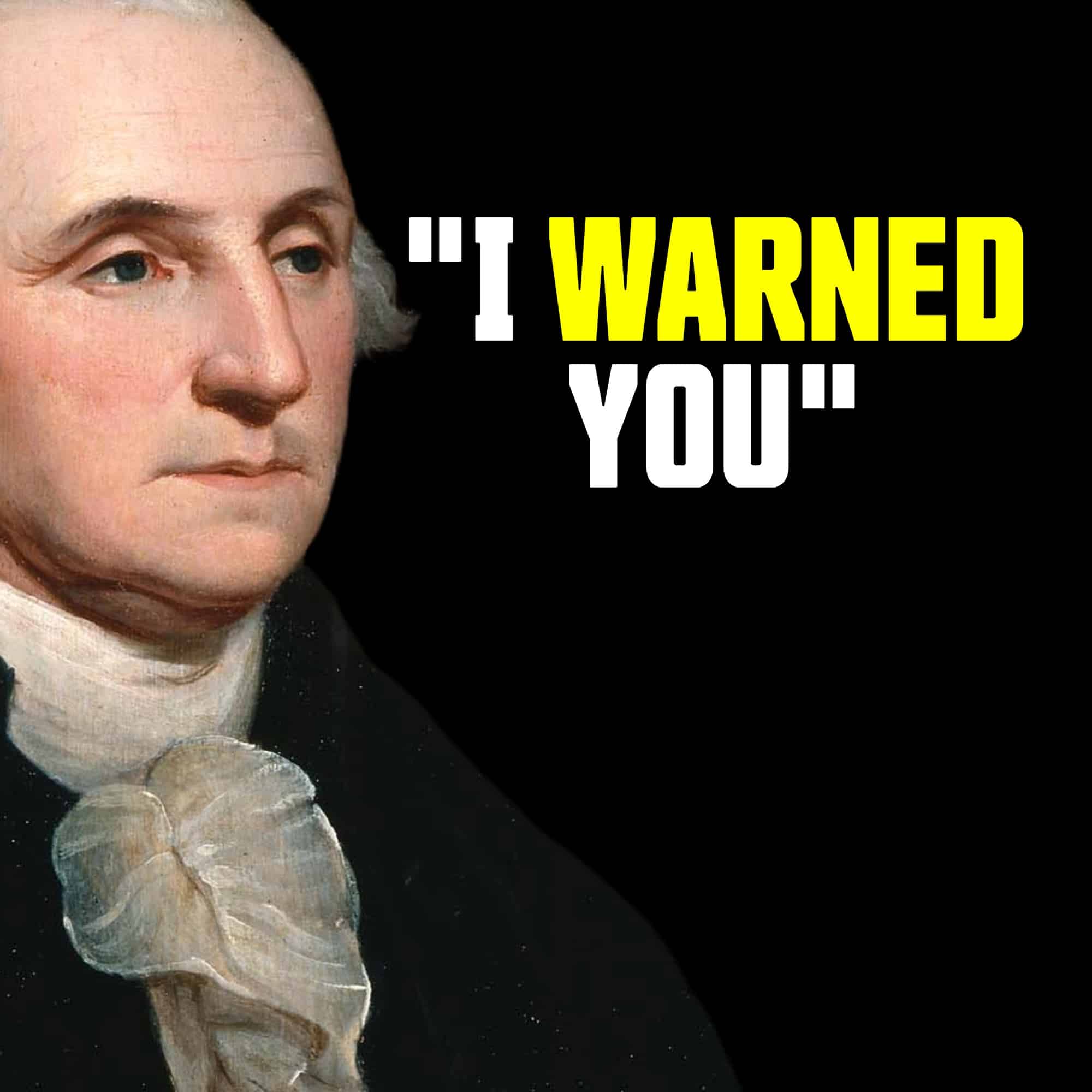



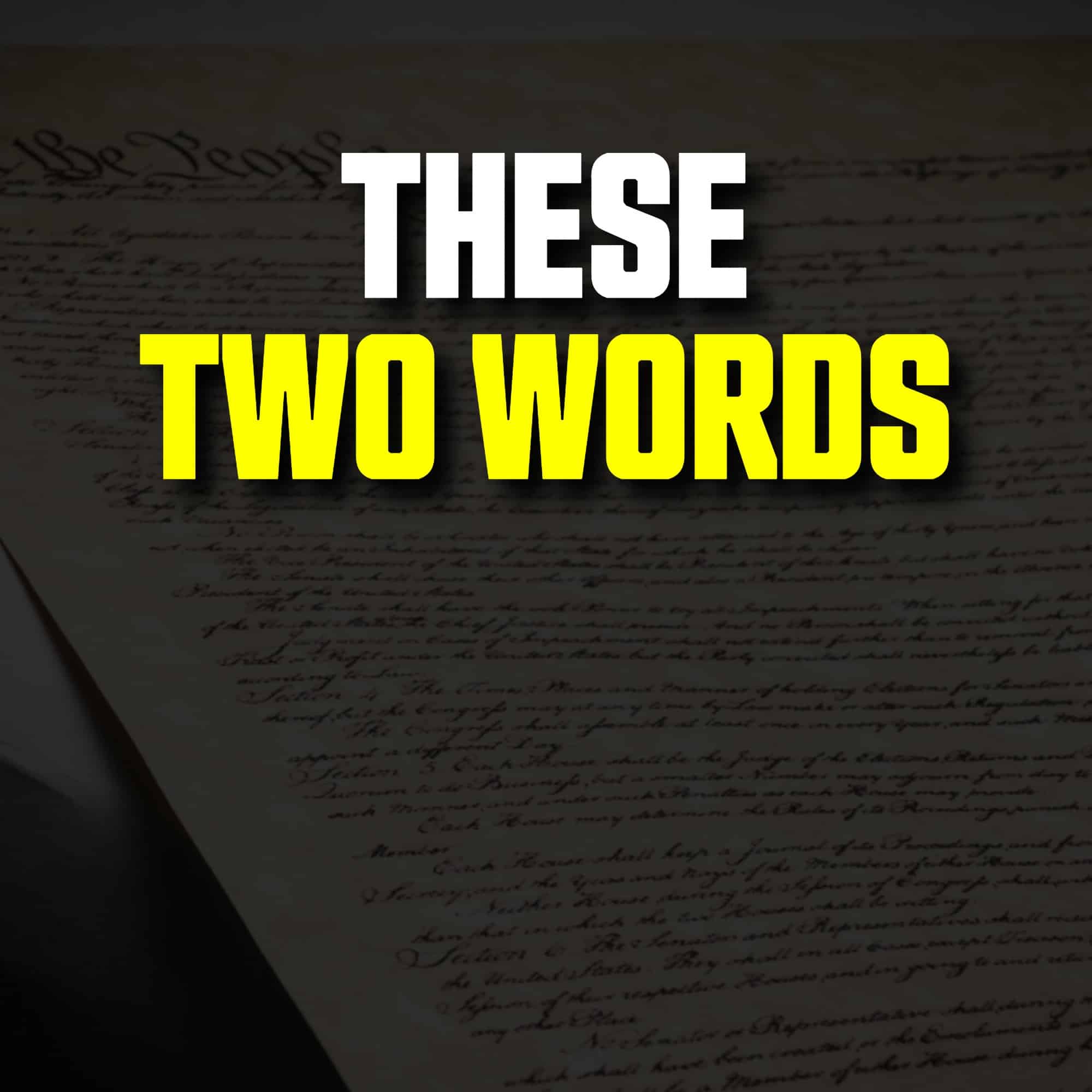






Episode 377: Outstanding episode on the Bill of Rights. Great episode, Michael.